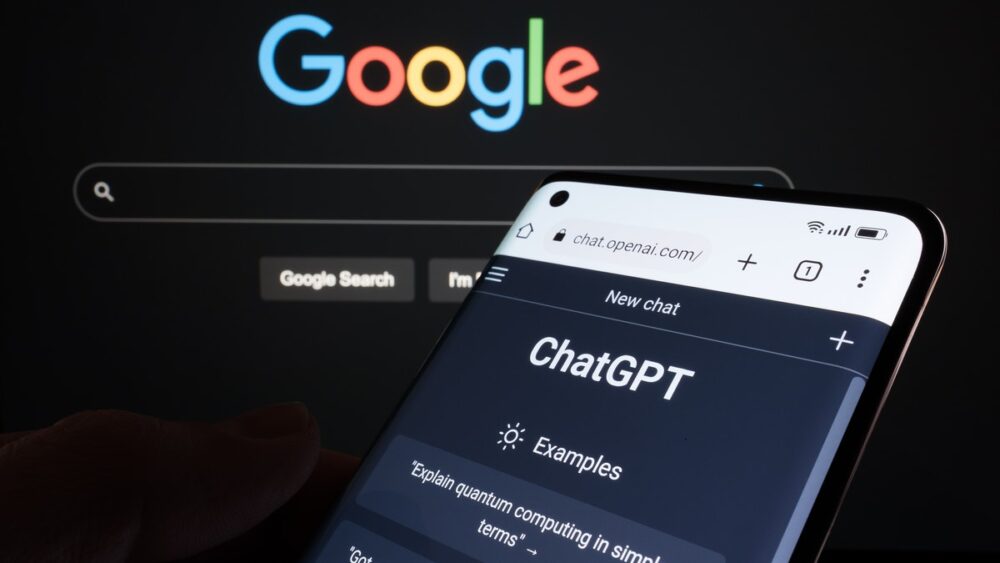According to a recent report, OpenAI is setting its sights on challenging Google’s stronghold in the search engine market.
Sources unnamed in a report by The Information have revealed that the company behind ChatGPT is in the process of creating a web search offering.
This new search engine product, details of which are still unknown, may be partially powered by Microsoft’s search engine Bing, which makes sense since the Windows maker is OpenAI’s biggest investor. It has invested billions into OpenAI over the years.
According to The Information’s report, it remains to be seen whether this OpenAI search engine will operate independently from the company’s AI chatbot, ChatGPT.
Leveraging Bing, ChatGPT’s web search works by distilling webpage content into concise summaries of approximately 100 words. This method of web searching, however, suffers from slow performance and unreliability in capturing the full scope of a page’s information, leaving it trailing behind the efficiency of traditional search engines.
In light of these limitations, the logical step forward for OpenAI could be introducing a dedicated search service. Such a platform would be fine-tuned for swift and accurate search capabilities, positioning it as a potential rival to Google’s advanced generative AI search tools like SGE or Perplexity.ai.
However, Microsoft’s Bing chat search also lags behind its rivals and is yet to achieve any notable success despite all its hype. Even the company’s CEO Satya Nadella admitted that he overhyped the potential of Bing chat search.
OpenAI is considering an innovative approach by potentially integrating its web search technology with another initiative, aiming to develop an AI agent capable of autonomously executing tasks on the internet following specific directives.
Such a development could lead to a large language model (LLM) search functionality that, for instance, determines the showtimes of user-preferred movies at the closest cinema and proceeds to reserve tickets on their behalf. Google similarly anticipates a future where these action-driven LLMs navigate the web, serving as a valuable addition to the conventional search paradigm.
OpenAI and Microsoft are yet to officially comment on the matter.






